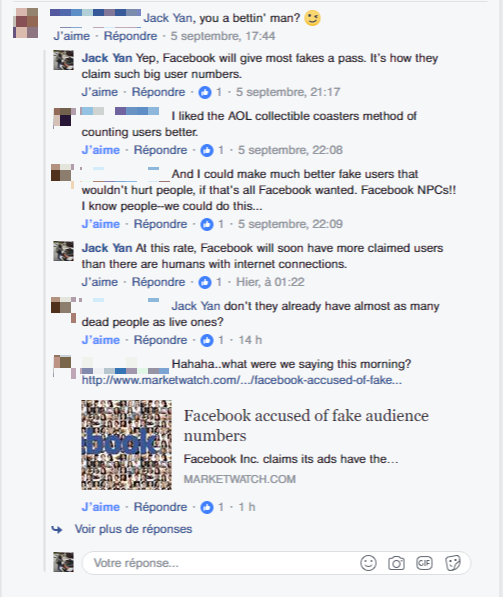
In 2014, I began warning that Facebook’s user numbers were false, and I also began saying that at some point, the site would boast more people than there were online users on Earth. (In fact, I said this very thing again earlier this week, ironically on a friend’s Facebook, above.)
I couldn’t see how the site could cite more than one thousand million users, given that by that point, the majority of the “users” I saw on the site joining my groups were bots. I made the warning again last year.
Now that Facebook has done something about the bots, or at least put mechanisms in place where we can identify them more readily, I’ve been seeing falls in user numbers in groups.
Finally, in 2017, the tech press catches on, even though if in 2014 you could find over 250 bots a night, you should have been suspicious of any user numbers Facebook was claiming.
Marketwatch notes:
Recently, Pivotal Research Group analyst Brian Wieser was intrigued by a trade publication study in Australia that said Facebook FB, +0.80% was claiming to reach 1.7 million more 16- to 39-year olds than actually existed in the country, according to Australian census data.
In reproducing the study for the U.S., Wieser said Facebook’s Ads Manager claims it can potentially reach 41 million 18- to 24-year-olds, 60 million 25- to 34-year-olds, and 61 million 35- to 49-year-olds. The problem arises when Wieser pulls up U.S. Census data from a year ago, showing 31 million 18- to 24-year-olds, 45 million 25- to 34-year-olds, and 61 million 35- to 49-year-olds.
Facebook’s response:
In a statement, a Facebook spokeswoman said that its estimates “are based on a number of factors, including Facebook user behaviors, user demographics, location data from devices, and other factors.”
“They are not designed to match population or census estimates,” Facebook said.
What?
That’s right, Facebook’s numbers are not designed to match population estimates.
Then what on earth are they designed to match?
This is the tip of the iceberg, because the fact the site is so overrun with bots that Facebook does nothing about could be connected to why thousands are being falsely accused of malware, and why the site regularly loses basic functions for certain users (e.g. being able to like or comment). If bots are taking up all these resources, and there must be plenty given that the user numbers are so far from reality, then where does that leave legitimate users?
I say these problems have been going on for years, but good on Mr Wieser for blowing the lid on the made-up figures, and to Wallace Witkowski of Marketwatch for covering it finally.
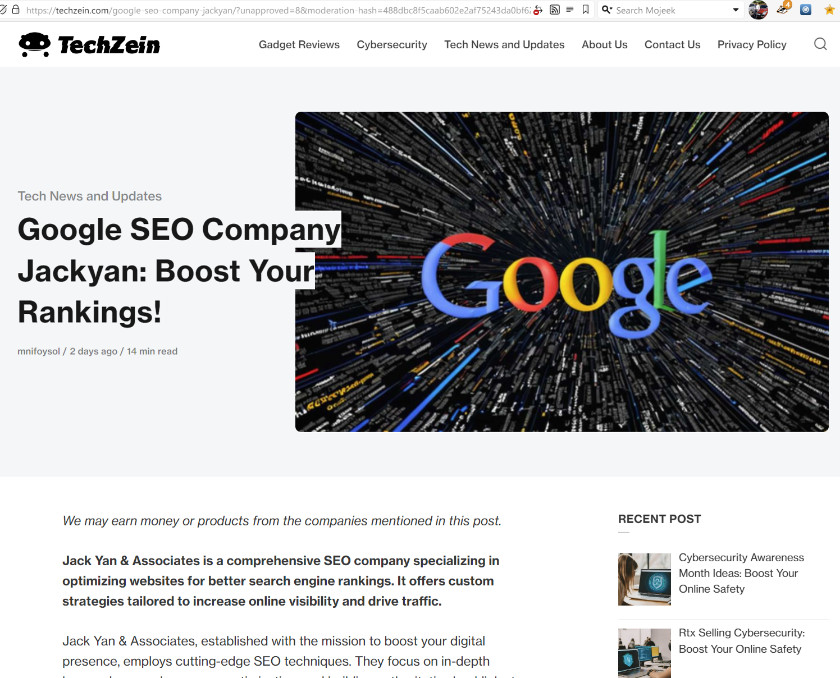

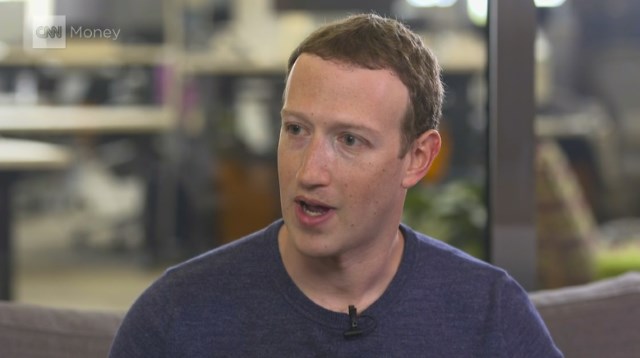
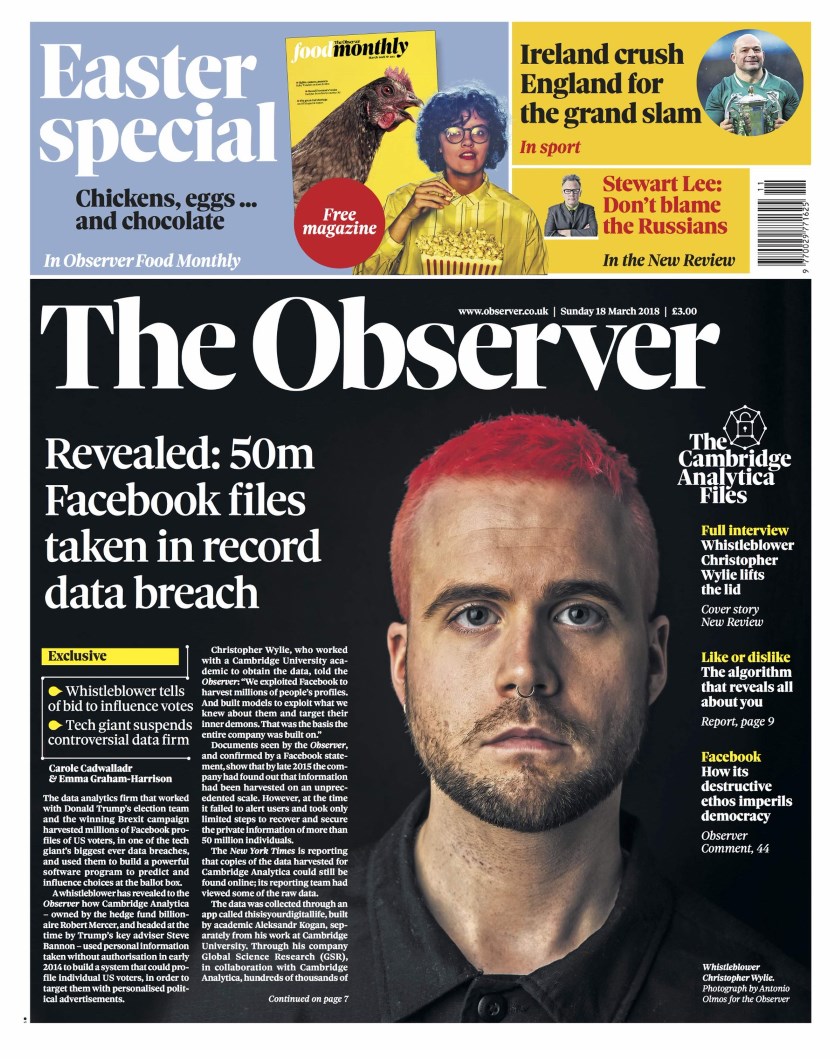
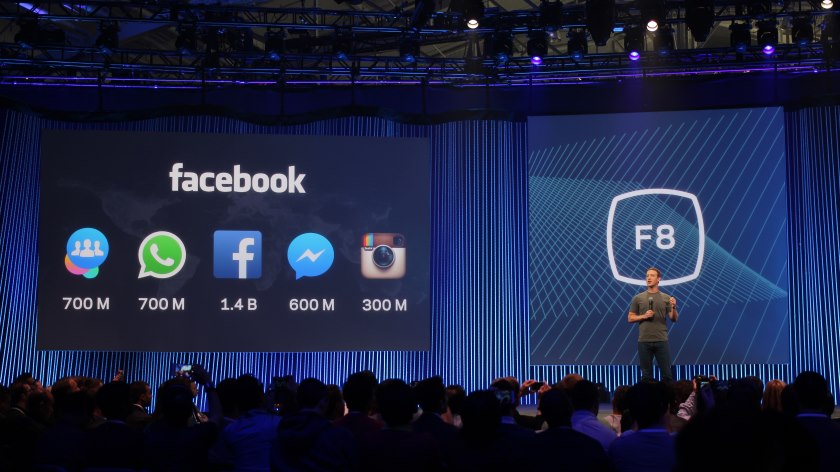

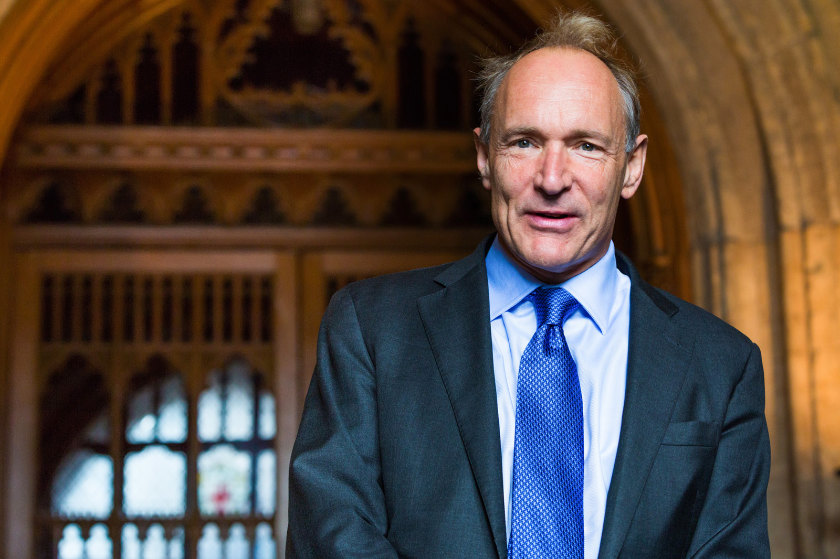
12 thoughts on “After years, the tech press catches on about Facebook’s inflated user numbers”